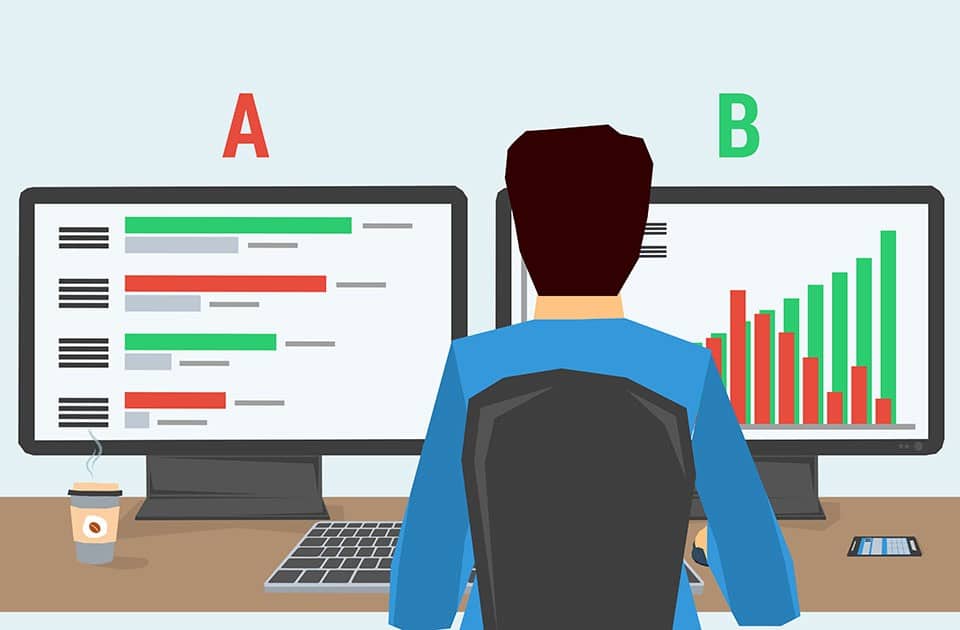The growing importance of data science has transformed the way businesses operate. Armed with the information they need on customer behaviors and sales, professionals make fully-informed decisions that get results. For marketers, this has driven a seismic shift in the way brands approach experiential marketing.
Marketing teams have long realized the benefits of letting customers experience products and services firsthand. Businesses regularly set up opportunities nowadays, from car factories that let visitors see the manufacturing process to breweries that offer tours, tastings, and classes. But only recently have they learned to more truly measure the results rather than relying on intuition.
One marketing technology company has taken an innovative approach to managing brand experiences. Well-known brands like Honda hire AnyRoad to track the results of their experiential marketing efforts for a reason. The San Francisco-based software platform has pioneered an approach called Experience Relationship Management (ERM), which manages and tracks customer engagements for its clients.
With an ERM, companies have access to the data they need from the very beginning of a campaign. Instead of merely selling tickets (which don’t generally offer deep insights or data) and trying to input information into a contact database, brands have an automated tool that runs in the background from the first registration. Here are a few ways AnyRoad’s ERM is changing the face of experiential marketing.
Bringing in a Layer of Data
Today’s experiential marketing is all about developing relationships. Long after potential customers have tried out a business’s product or experienced a brand, they need to be able to connect with them on a deeper level. Until recently, brands simply invited customers to an event and hoped for the best. If they were lucky, they received a thank you email but even those efforts are unhelpful if the business has no mechanism for building long term relationships.
AnyRoad gathers a layer of data on the customers who interact with a brand’s products before, during, and after they take a tour or some other experience. This data can then be used for building a new generation of brand champions, even creating a model to predict what kinds of consumers are best suited to fall in love with your brand.
A/B Testing for Experiential Marketing
A/B testing, also known as split testing, is an essential part of every marketing campaign, whether it’s online or through a more traditional method. With A/B testing, marketers try two different methods of reaching out to customers, measuring the success of one against the other. A business may have two different versions of a landing page, for instance, and then monitor which of those two leads to more sales. In this vein, marketing teams A/B test Facebook and Google ads to see what gets the best conversions. The end result is data that can then be used to create more effective campaigns in the future.
Experiential marketing and community programs have foundationally been intuition-based. Brands gathered anecdotal feedback and made educated guesses as to the results of each campaign, as well as the appropriate cost per attendee, the timing of the experience, and even structure of the event. With the ERM approach, brands have live access to detailed numbers, letting them track exactly which marketing approach brought in the most engagement and revenue. Once tests are launched, businesses can monitor changes in customer purchase behavior, revenues, social engagement, or even brand perception based on the data coming in.

ERM vs. CRM
Customer relationship management (CRM) serves as the foundation of every successful business, from growing start-ups to large corporations. Using the latest CRM solutions, professionals can add leads and follow the entire life cycle as they attempt to turn them into customers. They can add notifications that prompt follow-up and track every interaction between team members and a lead. Overall, this prevents missed opportunities and streamlines a business’s sales and marketing processes. CRMs are of course a massive upgrade from simple spreadsheets to manage clients.
ERM applies the same methodologies to a brand’s live experiences. All essential information about a brand is accessible in one central location, where clients can also access data about their events. AnyRoad has streamlined registration for branded experiences which helps make running experiential marketing easier. From the start, it sets up businesses to begin collecting information on each customer at every touch point, which they can then use for analysis later on.
The software includes a dashboard that displays detailed data on customer interactions within an event. This includes the cost per customer, booking, and tour, as well as purchase behavior. After an event, brands can see the return on investment, return on engagement, and brand loyalty, which can help them determine if their energy and expense paid off. What’s more, AnyRoad works with hundreds of brands that run experiential marketing, so the company is able to offer industry benchmarks and best practices – all based on actual historical data.
Experiential marketing will continue to be an important part of connecting with customers. Thanks to AnyRoad’s ERM, brands now have the software necessary to support them as they plan, deploy and follow up after branded experiences. This will ensure they properly leverage each participant, helping maximize their marketing dollars.

